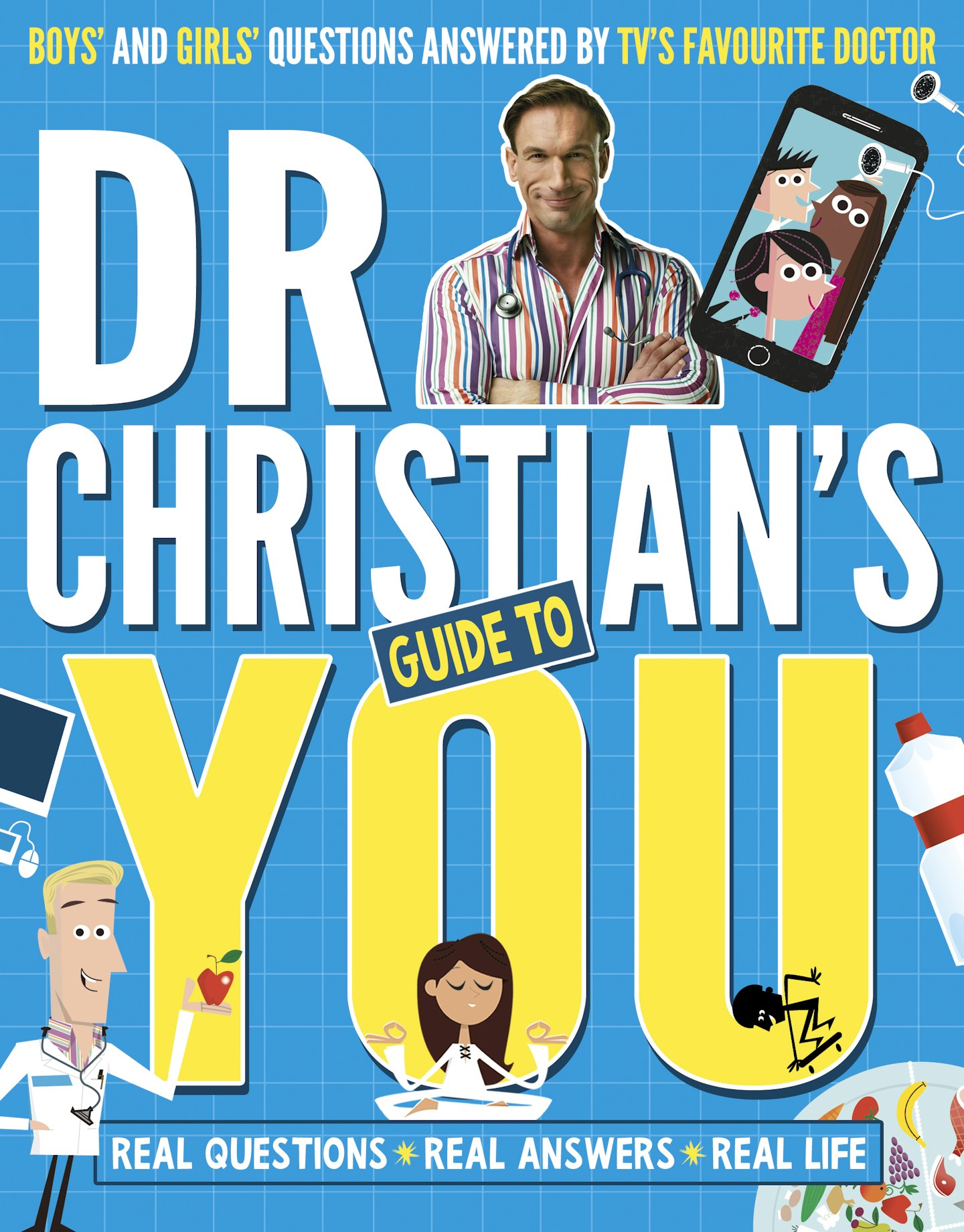Discussing awkward topics with your children is vital for their physical and emotional wellbeing – if you don’t tell them about sex or booze, someone else will and it could be harder for them to make good choices. As long as discussions are age- appropriate, start them early and keep them bubbling along in the background.
That way you can answer yes to the crucial question: “Could my child ask me about anything?” The same goes for: “If my child was in trouble, would they come to me?”
If your son or daughter can chat to you, you’re doing OK!
Sex And Contraception

Kids are having sex younger (a third have their first sexual encounter under 16), so you need to start conversations early. Gauge the maturity of your kids; listen to what they’re talking about, what they’re noticing, and talk to them.
Discussions about sex and relationships should be normal; don’t let it become awkward. It shouldn’t be a science lesson, it’s about love and respect, and sex shouldn’t be sold as shameful, something that will only give you an STI or an unwanted pregnancy.
Telling your kids about sex doesn’t encourage them to do it earlier – it helps them make safer choices. Make sure you discuss contraception – teens use of it is down and we need to change that. With very young children, age four or five, explain that no means no, and that your body is yours and nobody should touch it unless you’re OK with it.
Alcohol

You can’t stop kids trying booze by not talking about it – nearly four in ten 11 to 15 year olds in England have tried it. Naive kids who don’t know what alcohol is tend to become victims, because the more clued-up ones take advantage and get them drunk.
Make kids as savvy as possible; they need to know that too much alcohol can make them vulnerable. Tell them the facts, but don’t be too preachy. It should be an ongoing conversation that crops up now and again. If it’s taboo, they’ll never ask for help if they’re in trouble and alcohol will seem more tempting.
Weight

If your child is overweight (around a third are), they’ll likely be unhappy, so handle it sensitively. They learn healthy eating from you, not school, so create good habits at home and give them plenty of praise and support to lose weight. There’s great advice on the NHS here.
If you’re not sure why your child is putting on weight, talk to your GP. At the other end of the scale, if you’re worried your child isn’t eating, don’t go on the attack, instead say: “You didn’t eat much tonight, is everything OK?” It might take several gentle questions to get there, but let them talk. The car is a great place to tackle topics like this – there’s no eye contact, so it’s less awkward.
Smoking

Thankfully there’s something decidedly uncool about smoking now. In 2014, less than one in five 11 to 15 year olds had tried it – the lowest level since the survey began in 1982.
Recent research also found that the number one reason young people quit was worries over their appearance rather than cancer. Have a go on the Smoking Time Machine app with them to show them how it can age them.
Finally, teens are far likelier to be dependent on nicotine if a parent is – so if you smoke, make that your reason to stop.
Drugs

Last year 15% of 11 to 15 year olds had tried drugs (93% of them marijuana) but it doesn’t mean they’ll become long term or problem users. They’re curious. Kids will spend time away from you, and others will ask if they want to try things. It’s how you prepare them that matters.
Let them know it’s their choice and no one should push them into anything. Explain the impact drugs can have on your body – and mind – but without lecturing, just within conversation – Talk To Frank is a good place to get information. If you fly off the handle at the mention of drugs, they’ll never open up to you.

Dr Christian’s Guide to You is out now in paperback (published by Scholastic).
